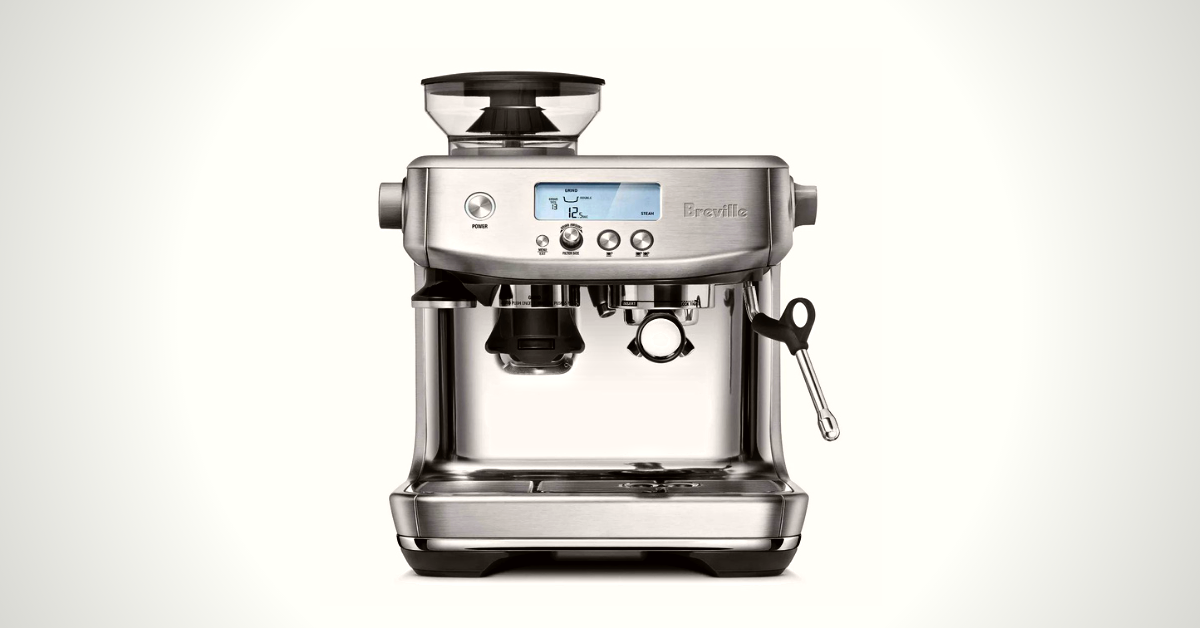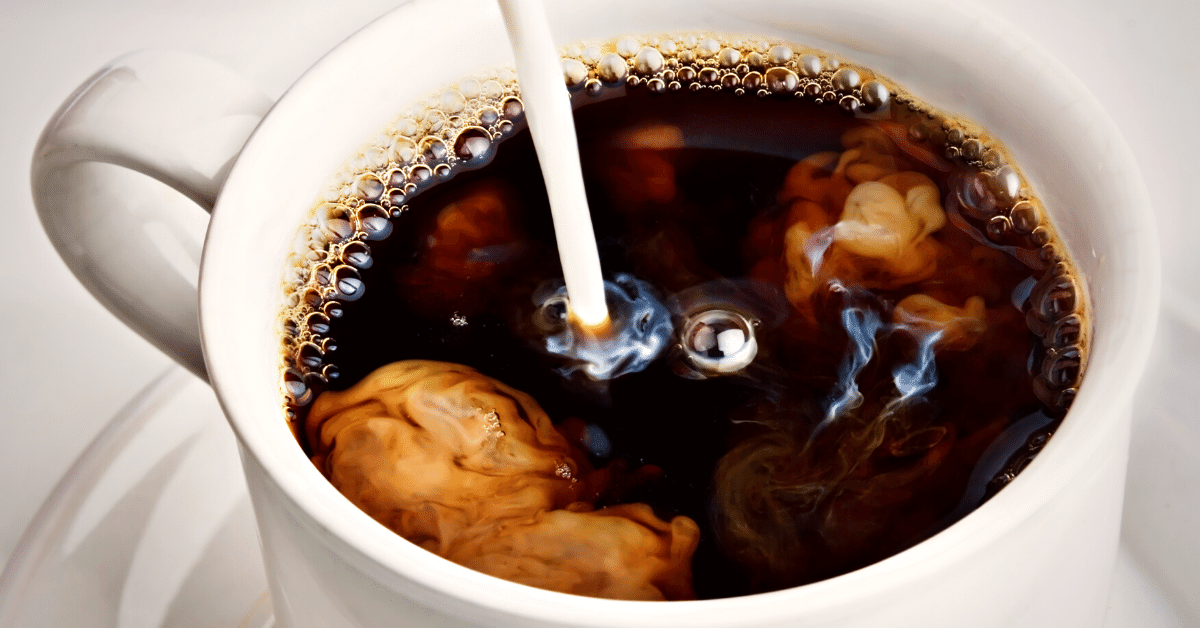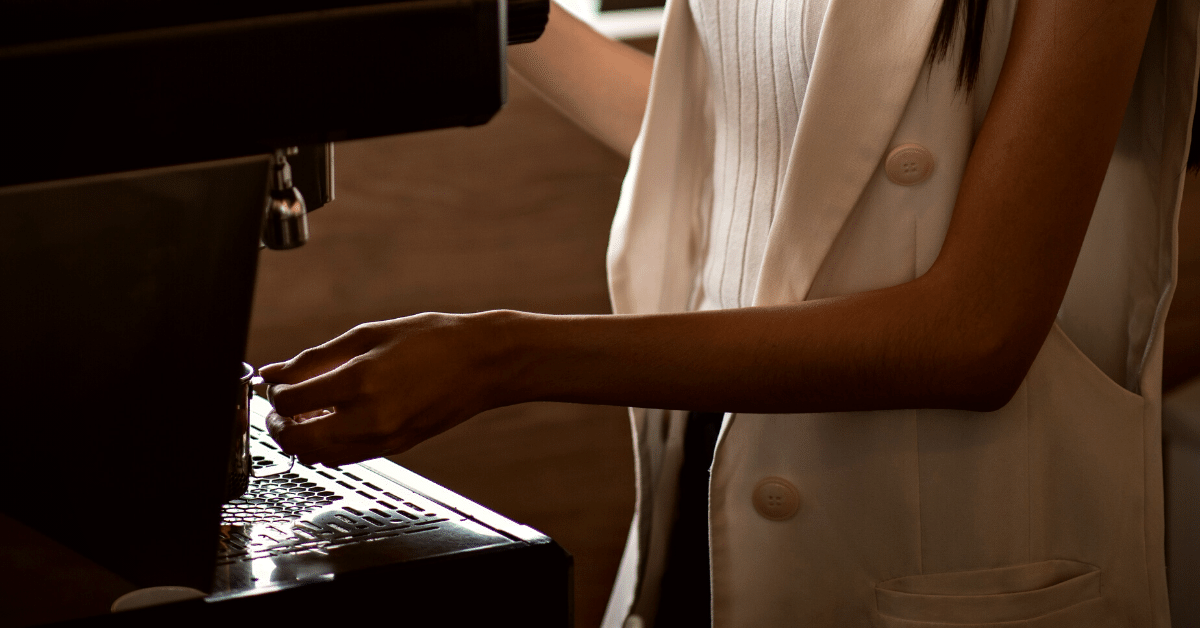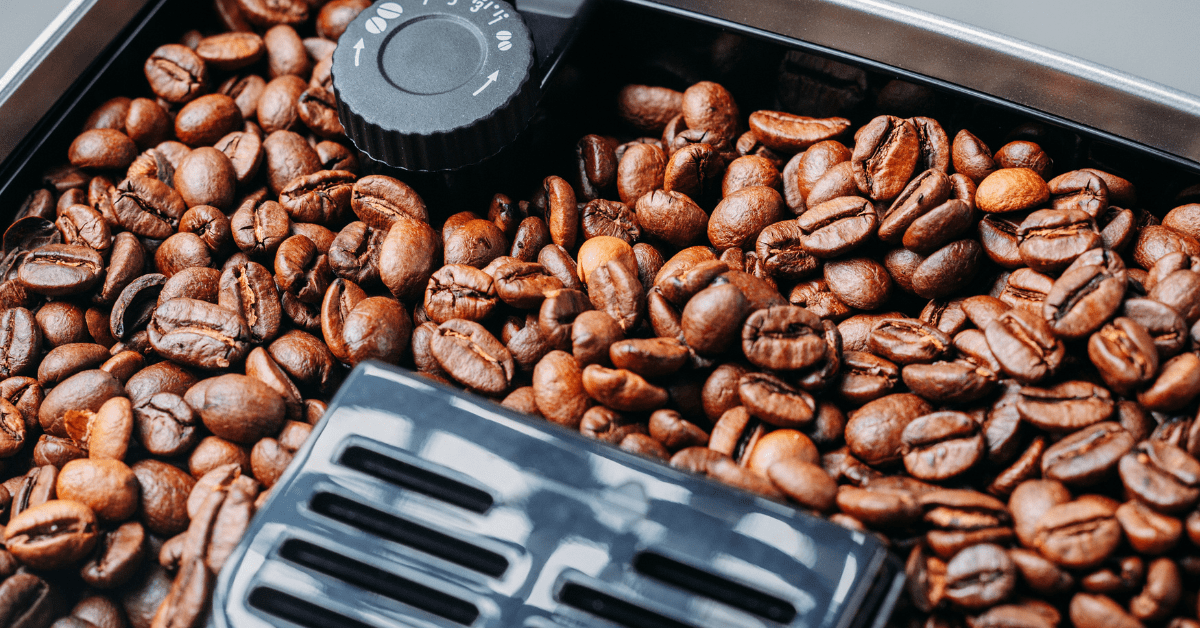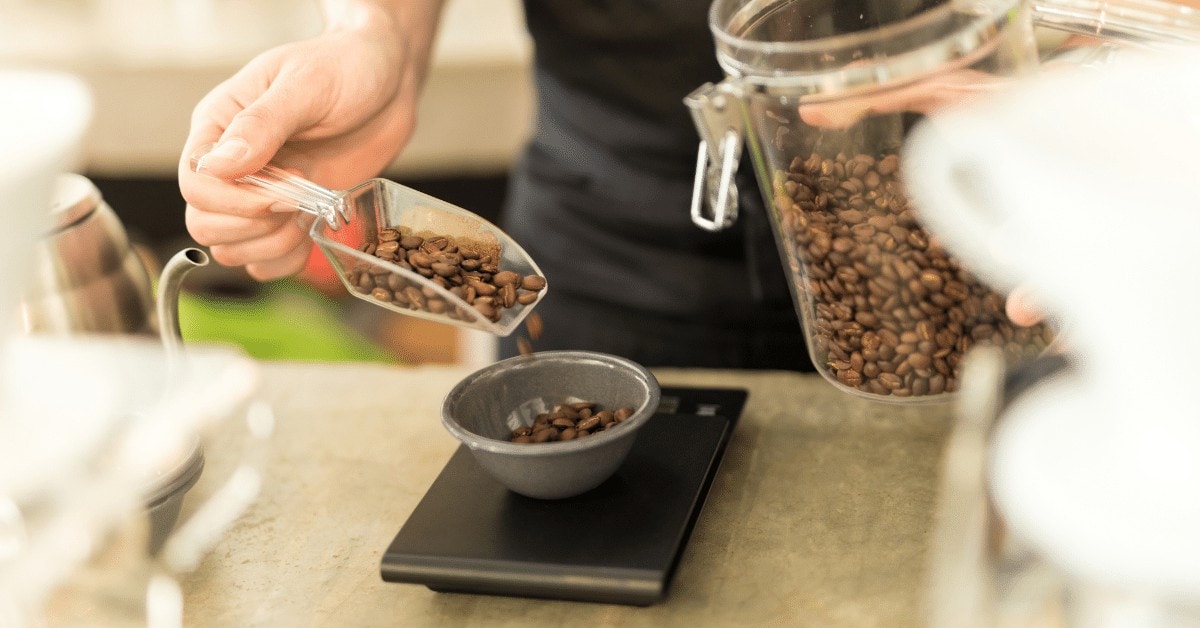Can you drink coffee after wisdom teeth removal? Jump into our article and find out how soon you can drink a cup of Joe after removing wisdom teeth.
I’m sure every coffee addict fret about a dentist appointment.
Not because it may be painful but because they might not be able to drink coffee afterward.
But can you drink coffee after wisdom teeth removal?
Well, it’s not recommended.
In fact, enjoying coffee too soon can cause you pain and even bleeding.
Here’s why.
Can You Drink Coffee After Removing Wisdom Teeth?

Technically speaking – you could drink coffee after wisdom tooth extraction. But that’s something every dental specialist would advise you not to do.
Wisdom tooth removal is an oral surgery. Sure, it’s typically quick, simple and requires just a local anesthetic. But it’s still a surgical procedure that involves incisions and stitches, meaning there’s also recovery time.
And like any recovery, the length depends on how disciplined you are with aftercare. And one of the guidelines for a speedy recovery is to stay away from coffee.
I know, it sounds tragic. But drinking coffee soon after wisdom tooth extraction can lead to alveolar osteitis, also known as dry socket.
A dry socket is a condition that can occur after removing an adult tooth.
Once the tooth is removed, it leaves a hole in the bone where it used to be, exposing nerves at the bottom.
As you know, blood clots around a wound stop the bleeding and help it heal. And the same thing should happen to the hole your wisdom tooth left behind.
Now, what happens when you pick at a wound scab? Well, you’ll rip your skin again, which pretty much brings you to the beginning of the healing process.

Let’s say that the same thing can happen in your mouth. A dry socket occurs when a blood clot fails to form, leaving your bone and nerves exposed.
Without a clot to keep the wound protected, it can fill up with food debris and get infected. And trust me when I say this – it hurts like hell.
But wait, how does coffee fit into this picture?
Glad you asked! Actually, there are as many as three ways drinking coffee can contribute to a dry socket:
- Temperature
- Caffeine
- pH level
First, temperature. Let’s be honest – unless we’re talking about iced coffee or cold brew, who enjoys drinking cool brewed coffee?
However, the high temperature of your favorite hot beverage can disturb the formation of a blood clot inside your tooth socket. And once the hot drink gets inside, it will irritate the nerve endings, which is pretty painful.
Then, we have caffeine, which can slow blood clotting.
Now, you might be thinking – cold decaf is the solution.
But you’d be wrong. The final and probably most important reason why coffee can cause a dry socket is its pH level.
The normal pH of our mouths is between 6.7 and 7.4, meaning it’s relatively neutral.
Research has shown that even a slight increase in acidity can slow down the clotting time and decrease the clot’s firmness. When I say slight, I mean a pH difference of just 0.4 affects the clotting time by as much as 25%.
Black coffee has a pH rating of around 5, which is way below the pH of our oral cavities. Adding milk to it won’t help much, given that milk is also slightly acidic.
Therefore, it’s safe to assume that drinking coffee will affect the clotting process, and not in a good way.
How soon can you start drinking coffee again?
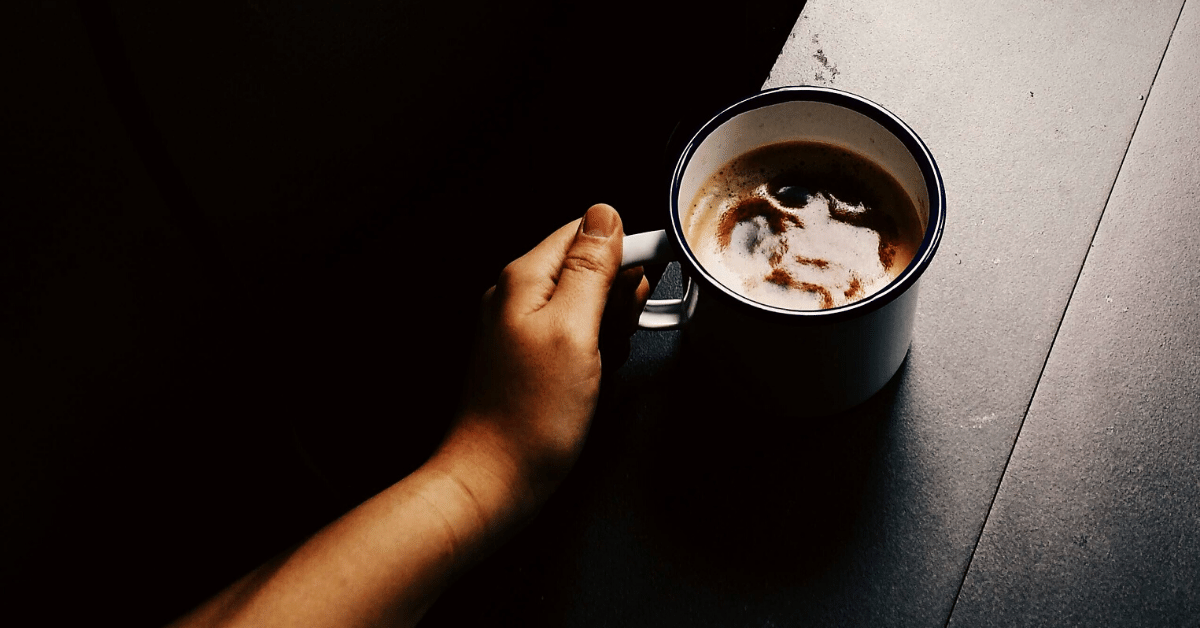
And now for the question that I’m sure you’re wondering the most. So, when can you start drinking coffee after having your wisdom teeth removed?
Assuming that the wound healing process is going smoothly, you should be back on track within 2 weeks.
Now, don’t panic – I said back on your track. By that, I mean drinking as much hot coffee as you want.
But before that time passes by, you’ll want to limit your Java intake.
For the first 72 days, it’s best to avoid coffee completely. After three days, if recovery goes as planned, you may have some lukewarm or cold coffee.
But you should wait at least a week before you start introducing warm coffee to your diet. And even then, don’t go with a full mug. Start slowly and monitor whether you feel any pain or discomfort in your tooth socket.
By the time 2 weeks pass, the socket should close, and you can get back to drinking as much coffee as you want.
NOTE
If you’re wearing braces, probably asking yourself can you drink coffee with braces? You don’t have to give up on your favorite drink while you’re wearing them. But you need to brush your teeth after that to prevent your braces from getting a coffee stain.
Alternatives to Coffee After Wisdom Teeth Removal
So, coffee is off the list.
What to drink instead?
Unfortunately, the list of alternative drinks isn’t as impressive as you might think. Especially during the first post-surgery week.
- Water. I know it doesn’t sound like much fun, but it’s important to drink a lot of water. Not only does it keep your body hydrated, but water helps with flushing food particles away and keeping the tooth socket clean.
- Juices are a good option as long as they’re not acidic. So – no apple or orange juice for you. But carrot, watermelon, mango, or pear juice is okay. If you’re making smoothies, you can also add cucumber and beet, as they’re almost neutral.
- Gatorade is also a safe option. But keep in mind that it contains sugar, so it’s important to brush your teeth afterward.
- Tea – but not the caffeinated kind. So either decaf tea or herbal mixes like chamomile or mint. Of course, you need to let it cool before sipping on it.
To Sum Things Up
If you have just taken your wisdom tooth out, it’s best to stay away from coffee for a while.
Coffee can disrupt clotting, causing you to develop a painful condition called a dry socket.
It can take about 2 weeks to fully recover from the procedure. Until then, you should limit your daily coffee intake and resort to drinking cool java only.
Can coffee make you nauseous? Here’s our article on why you might experience this side effect when drinking coffee.



